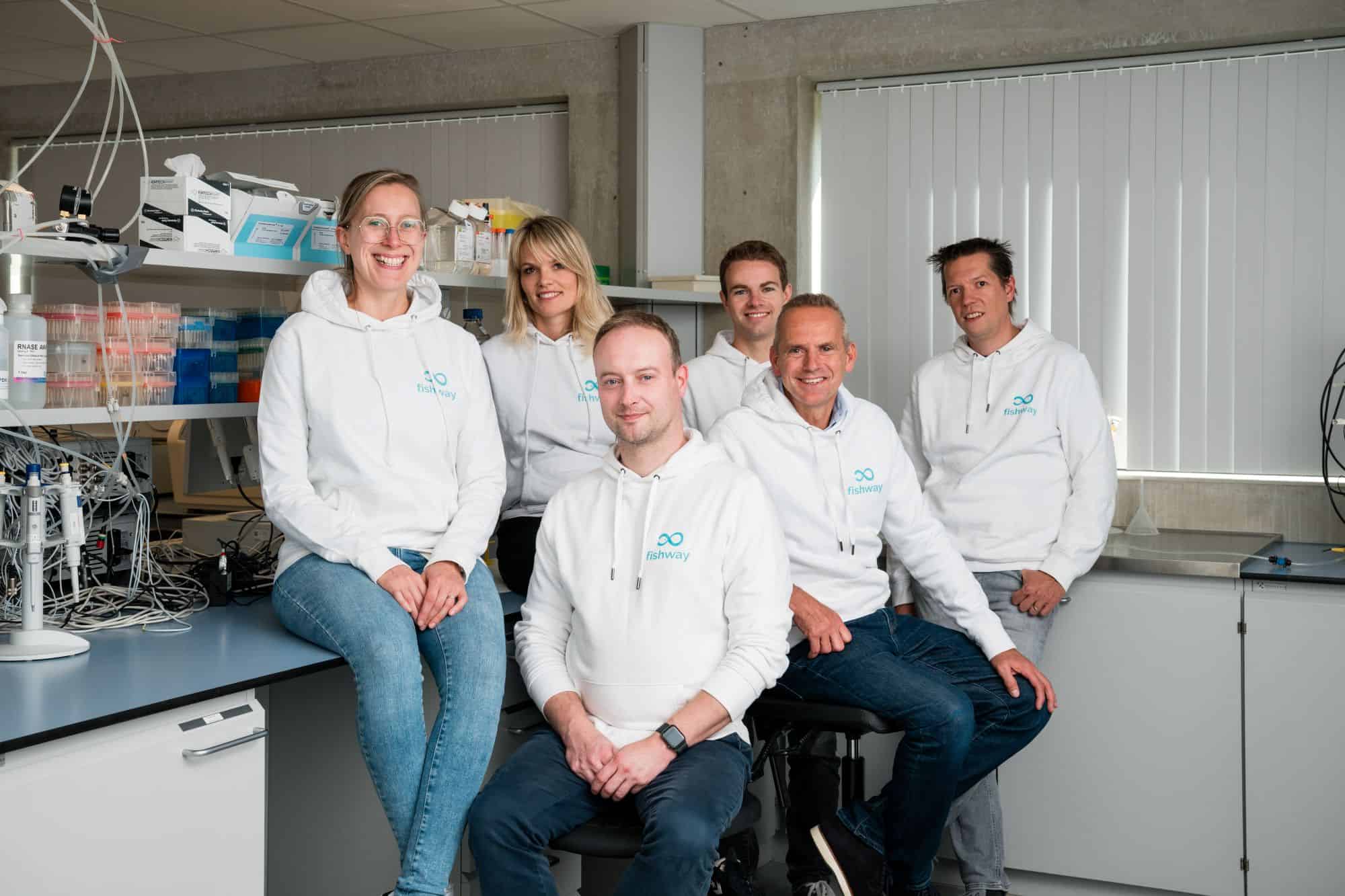A study published in the journal ACS Biomaterials & Engineering has investigated the potential of glutenin — a non-allergenic wheat protein — to act as a scaffold for cultivated meat production.
Researchers isolated glutenin from gluten, before forming it into flat and ridge-patterned films. Mouse cells that develop into skeletal muscle were then placed on the films and incubated for two weeks.
Cells successfully grew and proliferated on both films. By the second week, they had formed long parallel bundles replicating the fiber structure of muscles. The performance was not as good as gelatin-based films, but was considered sufficient. Further work could improve how cells attach to the plant-based films.
Another test was carried out with mouse cells that produce fat tissues. These also proliferated and differentiated, producing visible lipid and collagen deposits. The researchers concluded that glutenin films can support the growth of both muscle and fat layers, with the potential for these to be stacked to form cultivated meat. Despite being a wheat protein, glutenin is generally safe for celiacs and those with gluten sensitivity.

Plant-based scaffolds
Scaffolds are required in cultivated meat production to provide a structure for cells to grow on, and plant-based scaffolds are considered to be desirable as they are inexpensive, edible, and abundant. In contrast, synthetic scaffolds are expensive and difficult for cells to attach to. Additionally, they must be separated from cultivated meat after production, adding complexity.
Elsewhere in the world, scientists are investigating other possible scaffold materials. Last year, researchers from the National University of Singapore (NUS) successfully used proteins from corn, barley, and rye to 3D-print edible cultivated meat scaffolds. In 2022, scientists at the University of Vermont began using algae-based polymers to build cell-supporting structures.
“Scaffolds made from plant proteins are edible and have diverse and variable peptide sequences that can facilitate cell attachment, induce differentiation, and speed up the growth of meat,” said Huang Dejian, deputy head of the NUS Department of Food Science and Technology.




